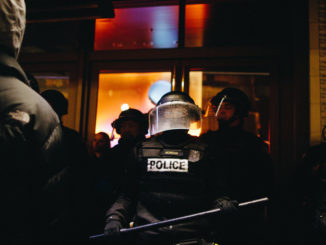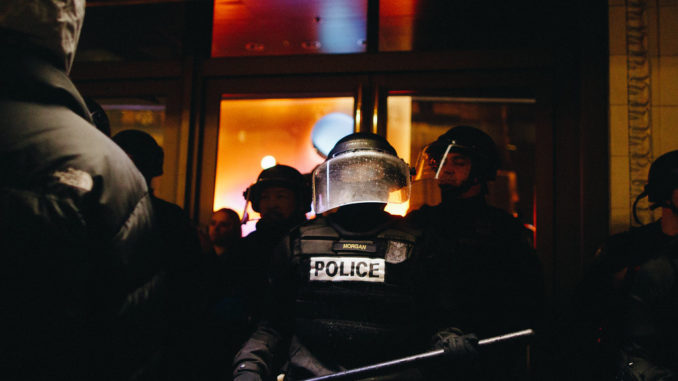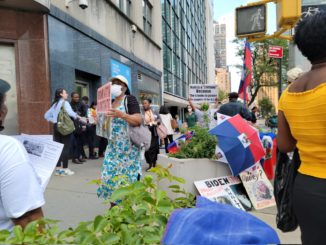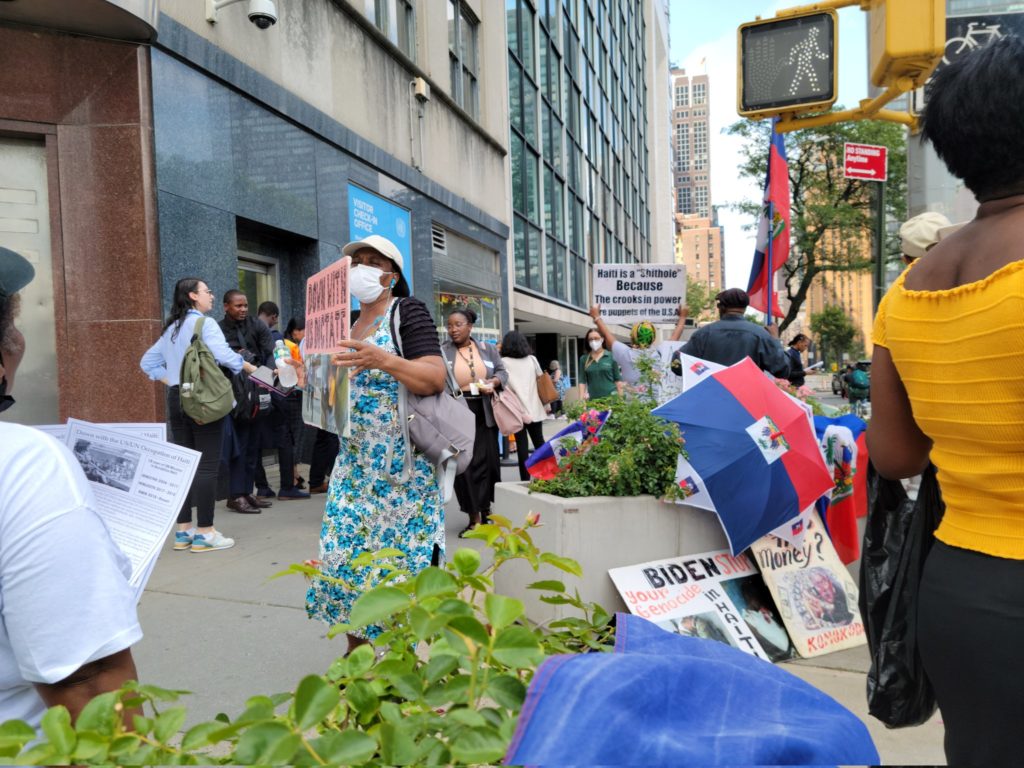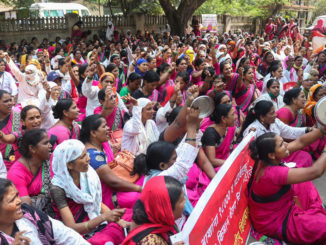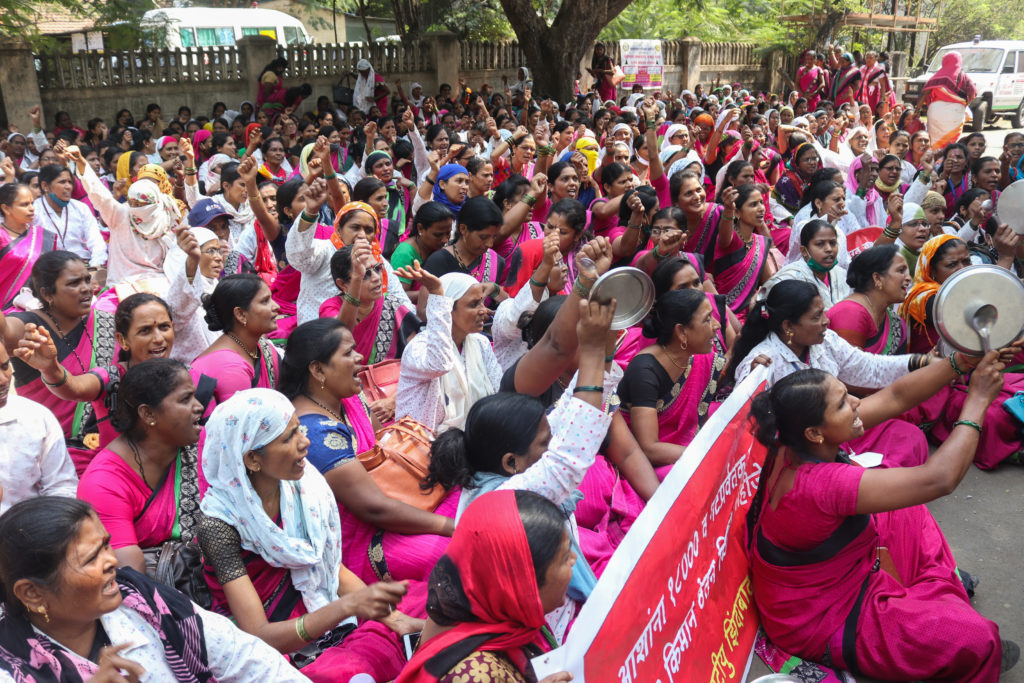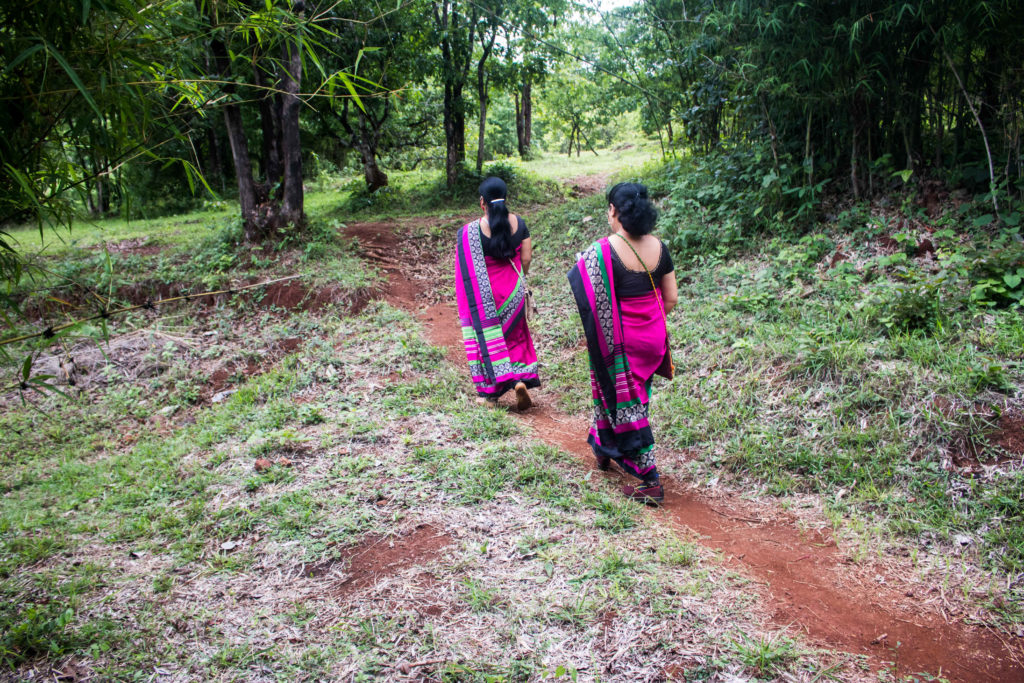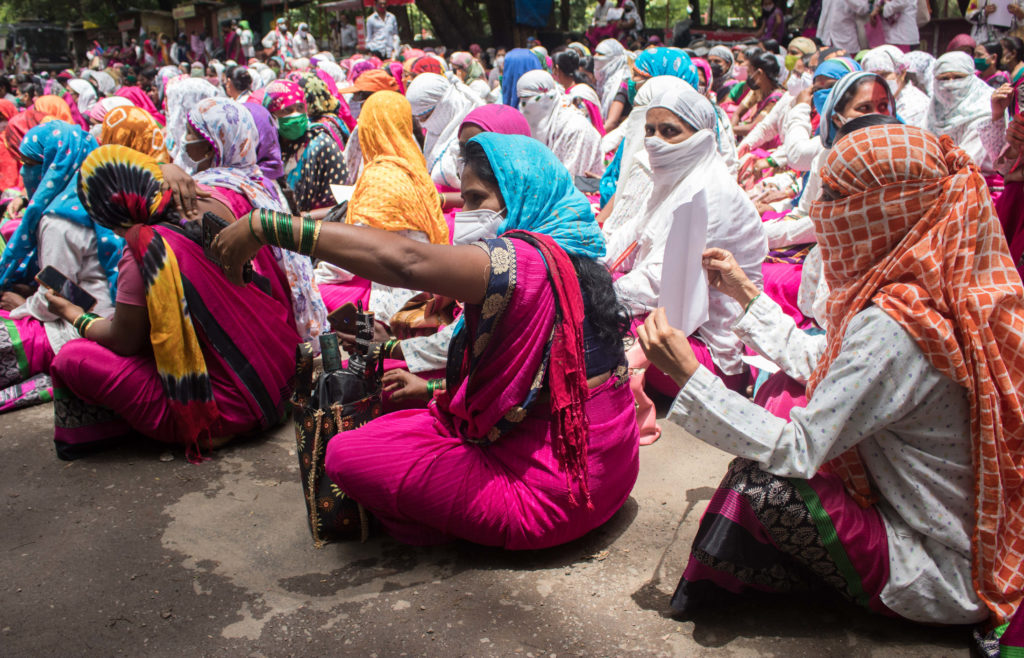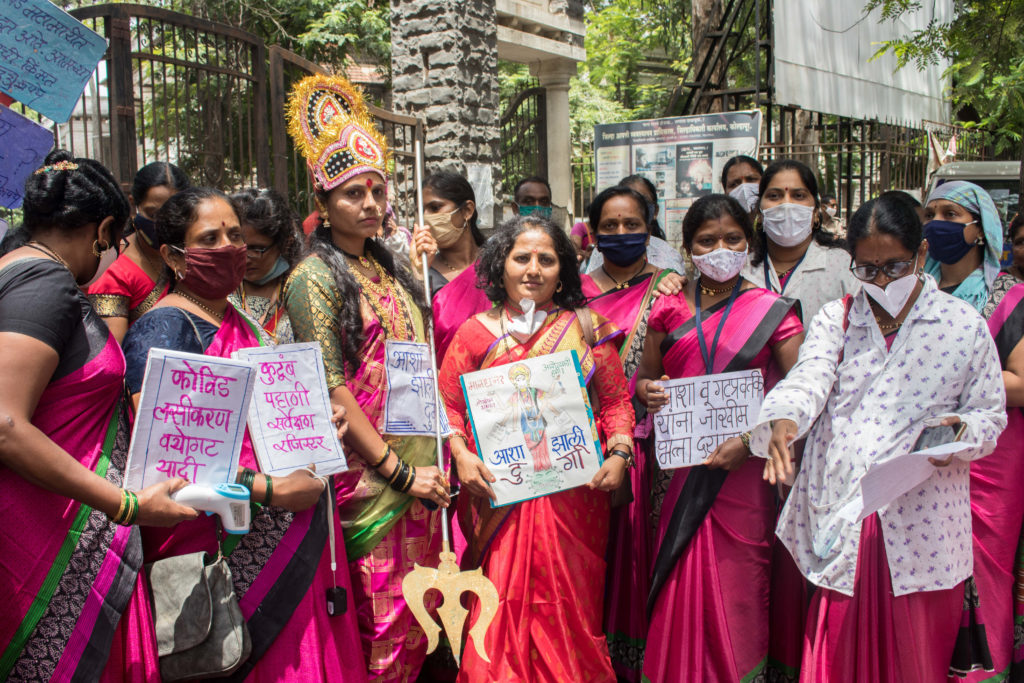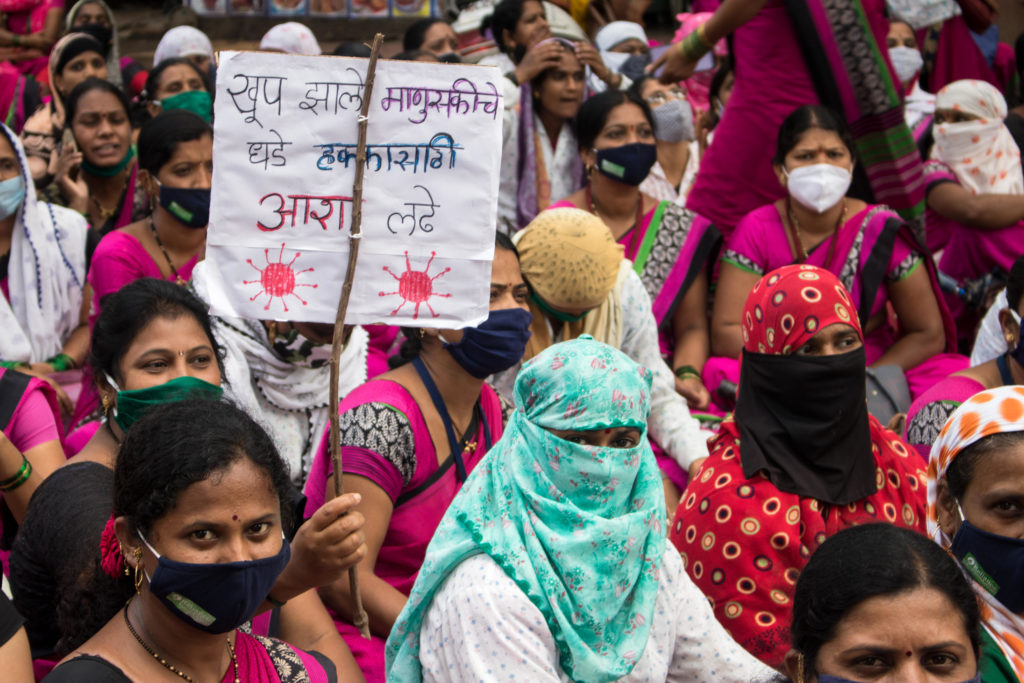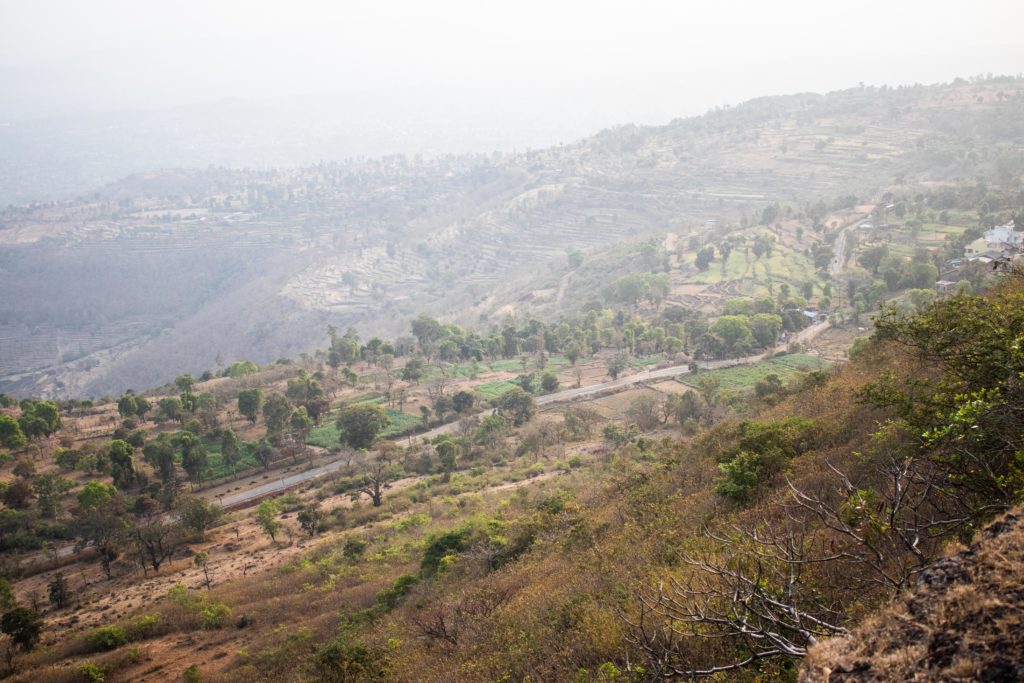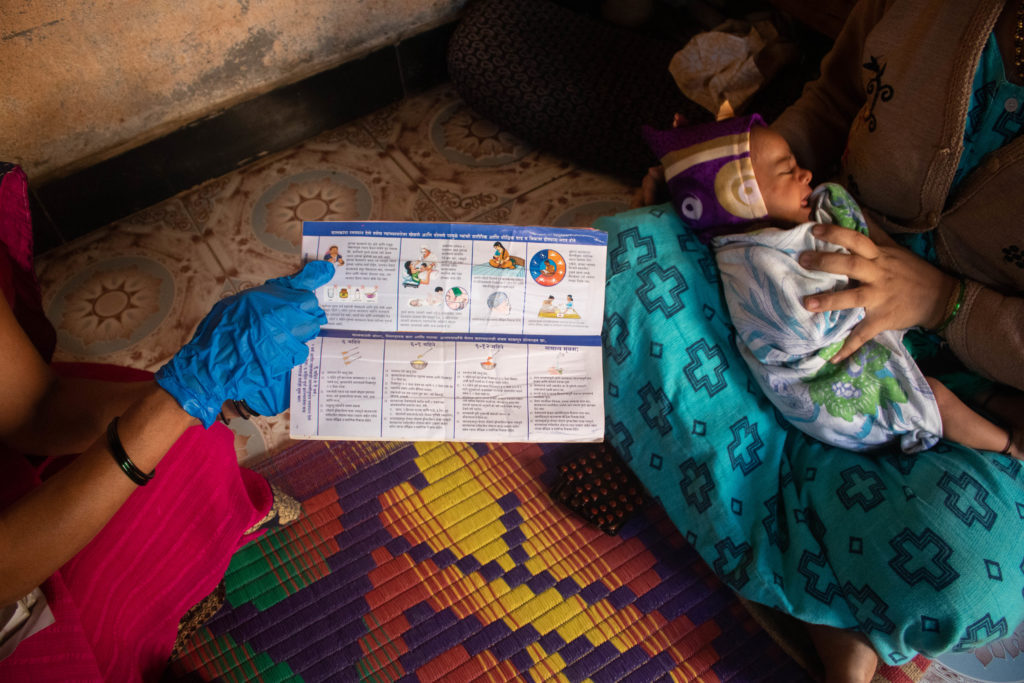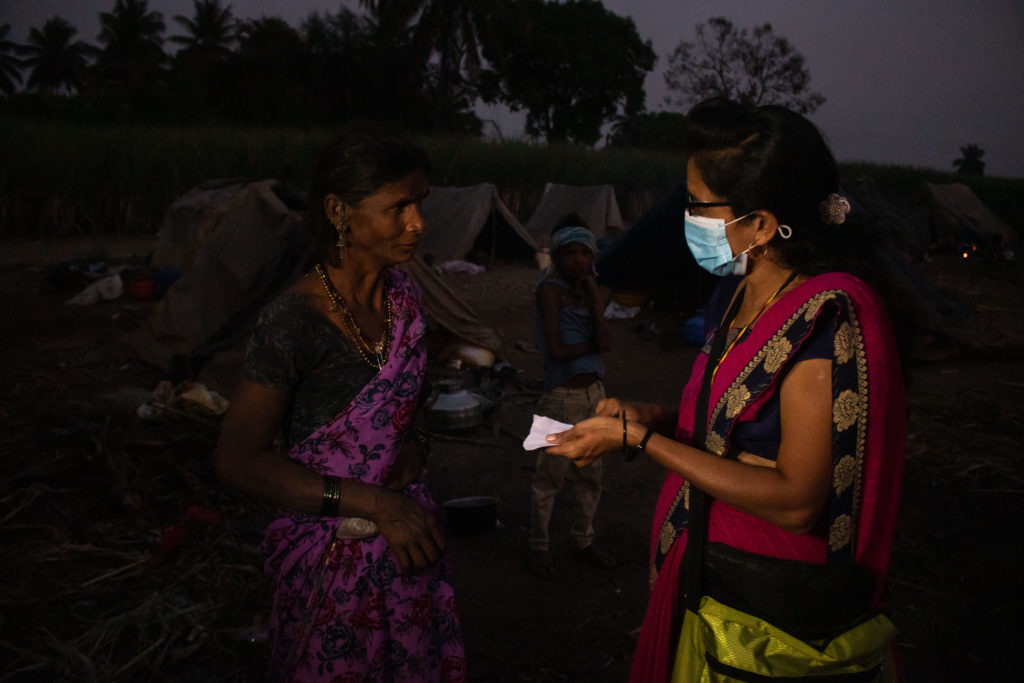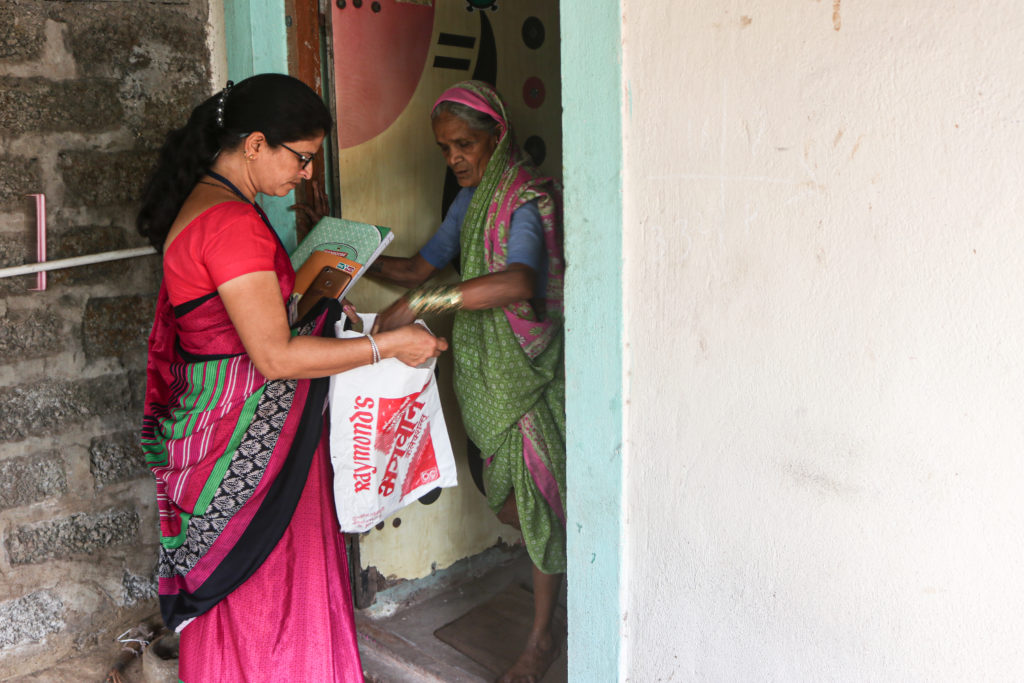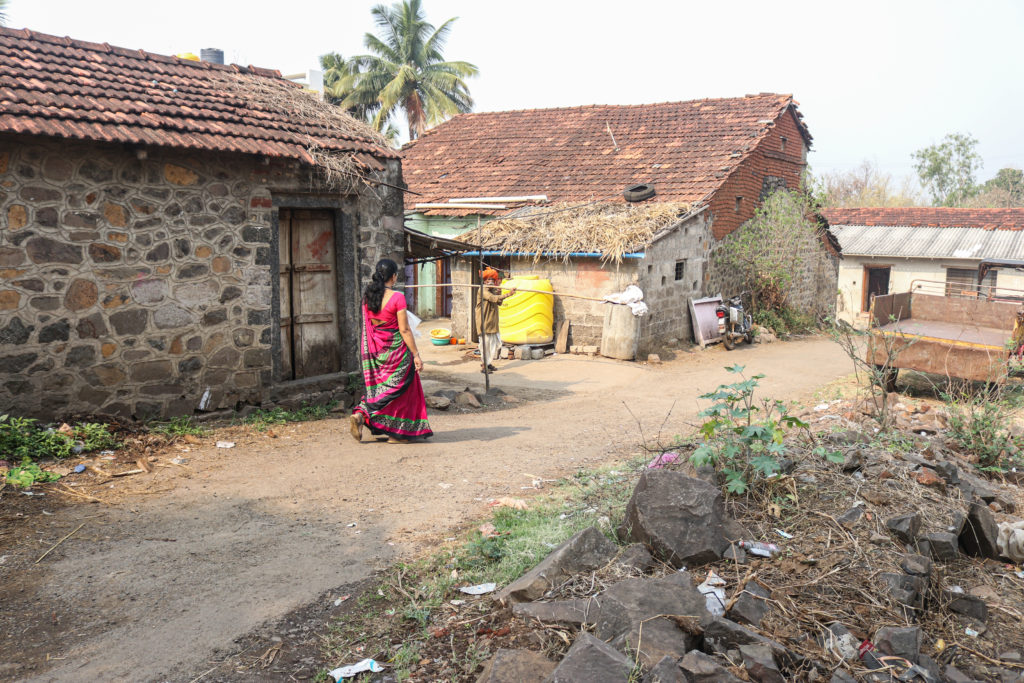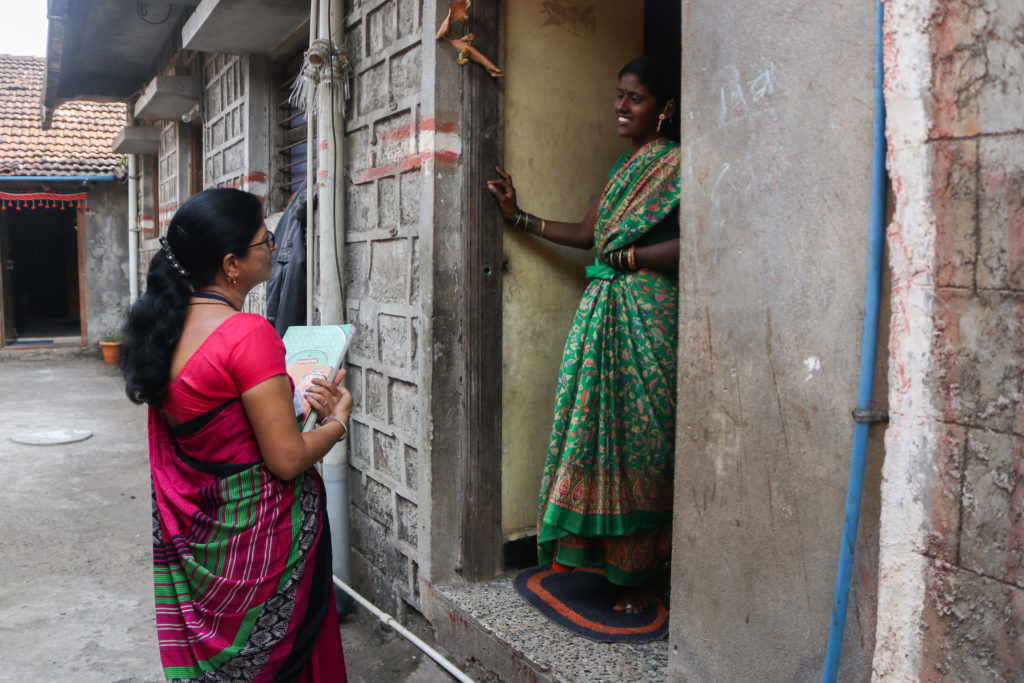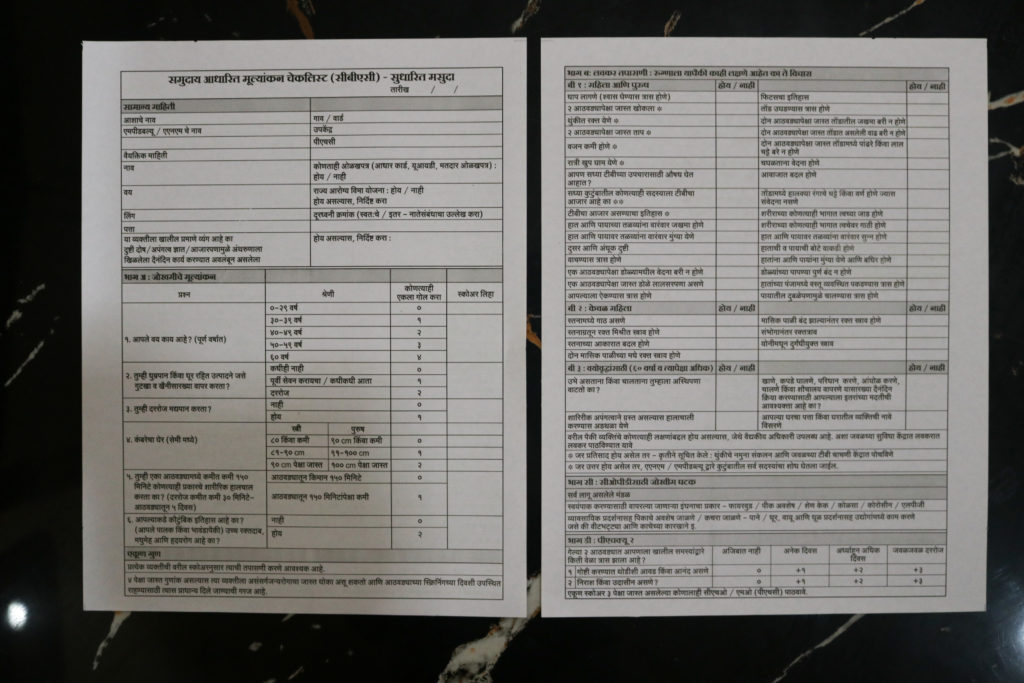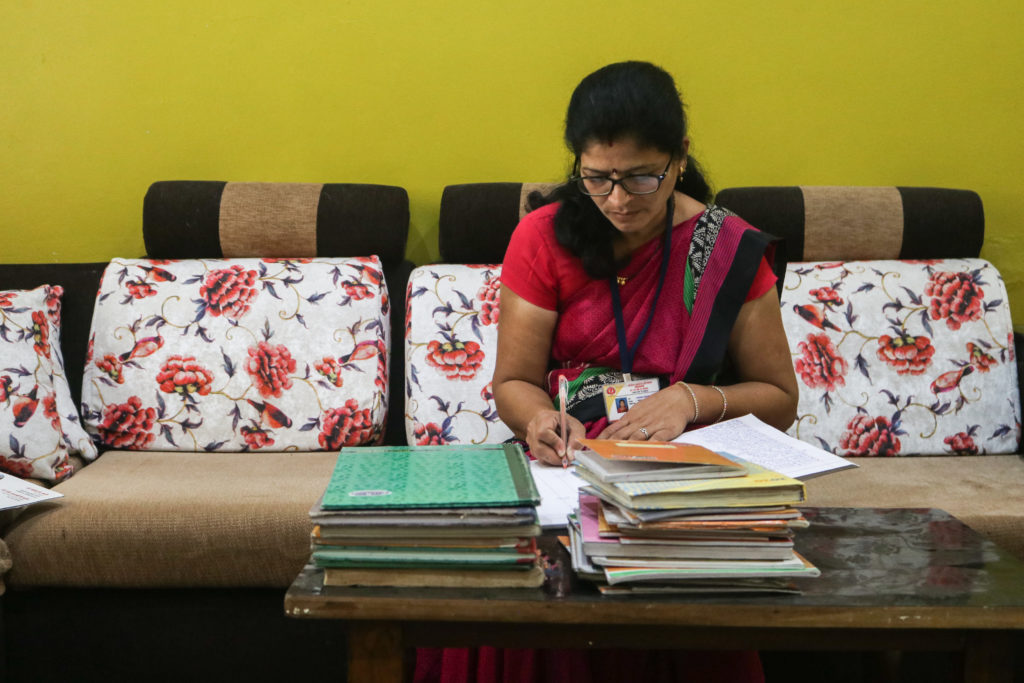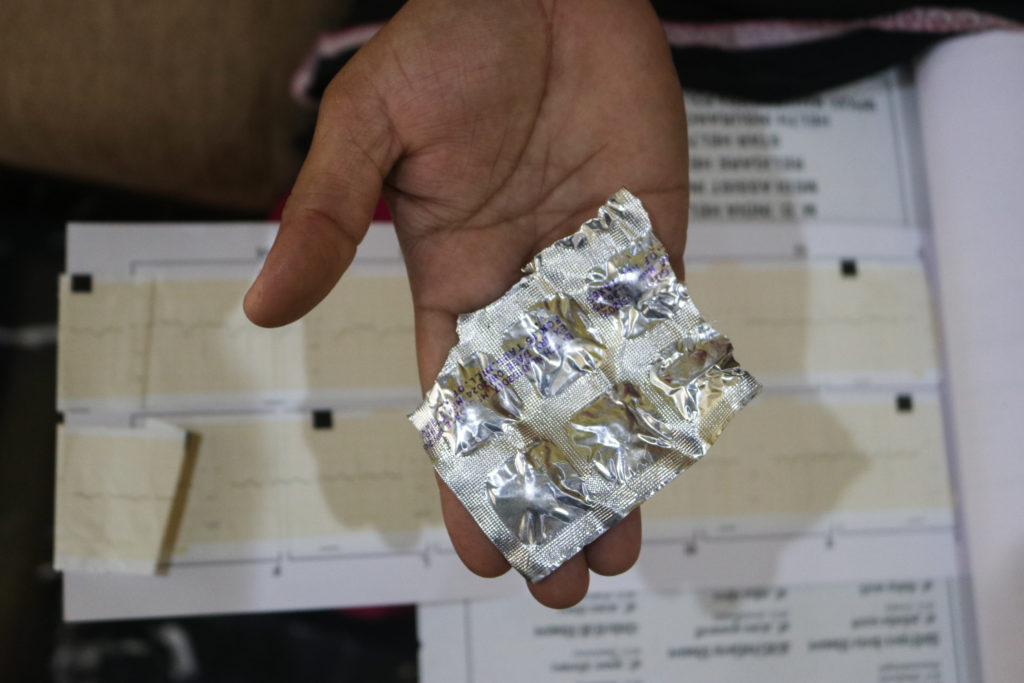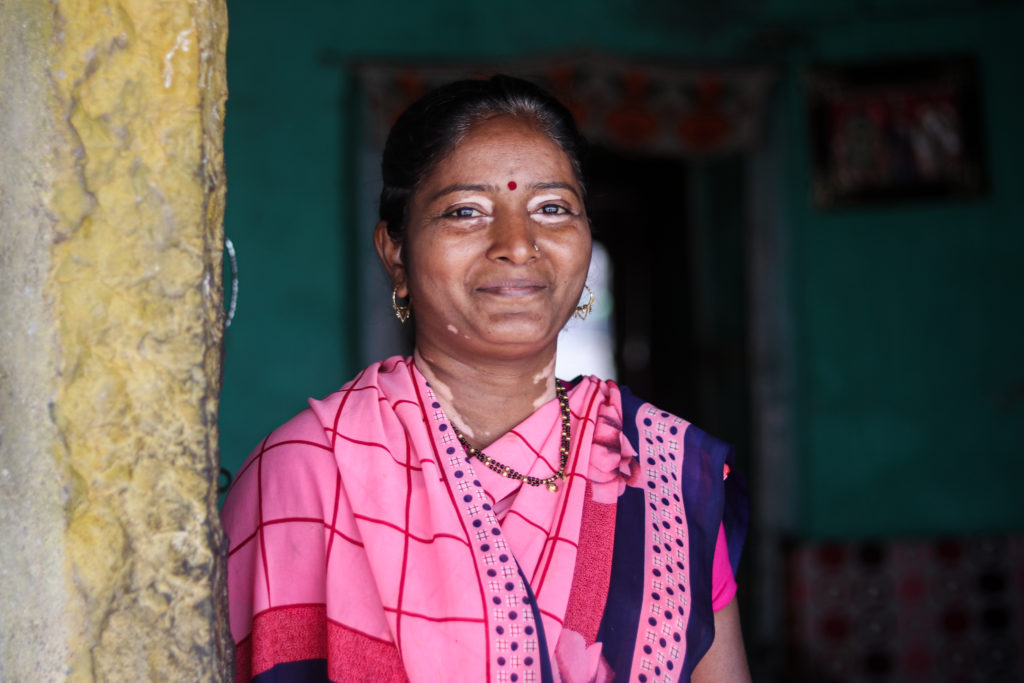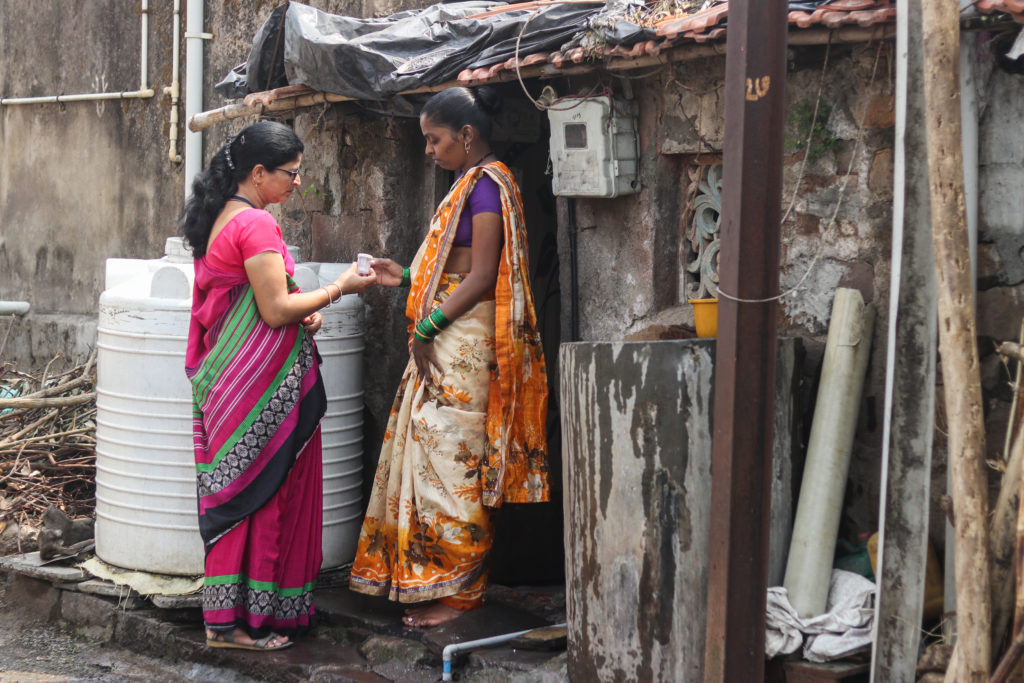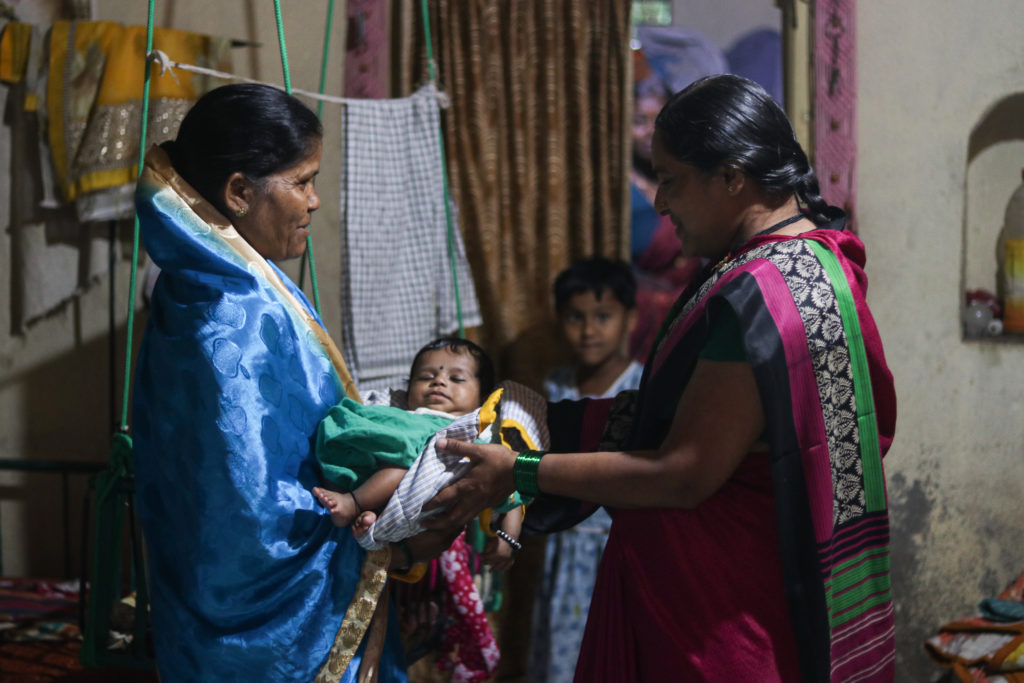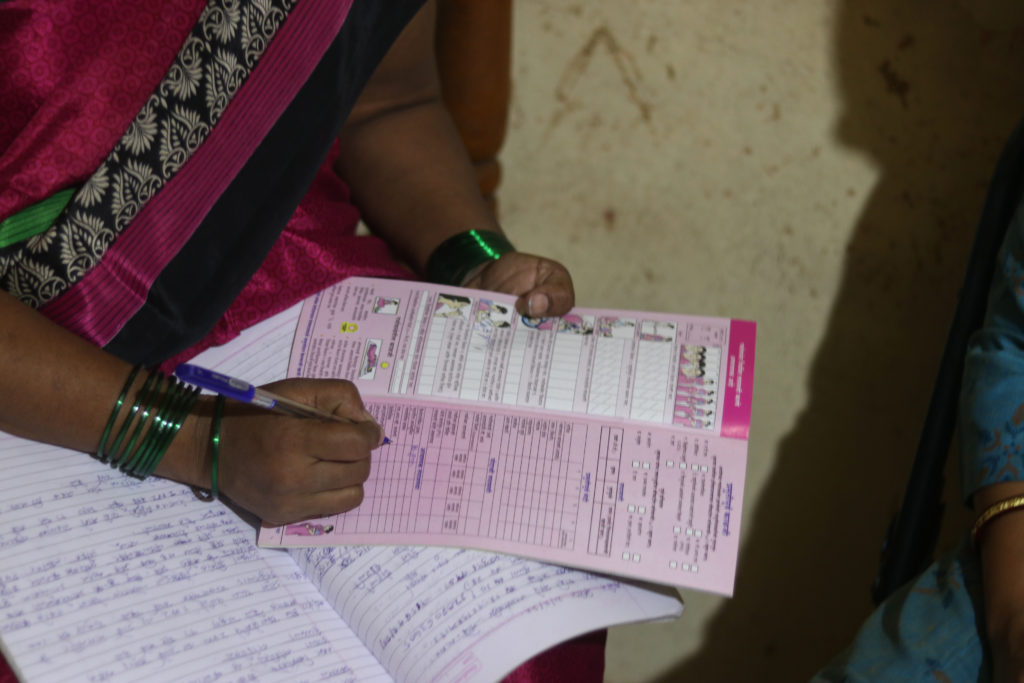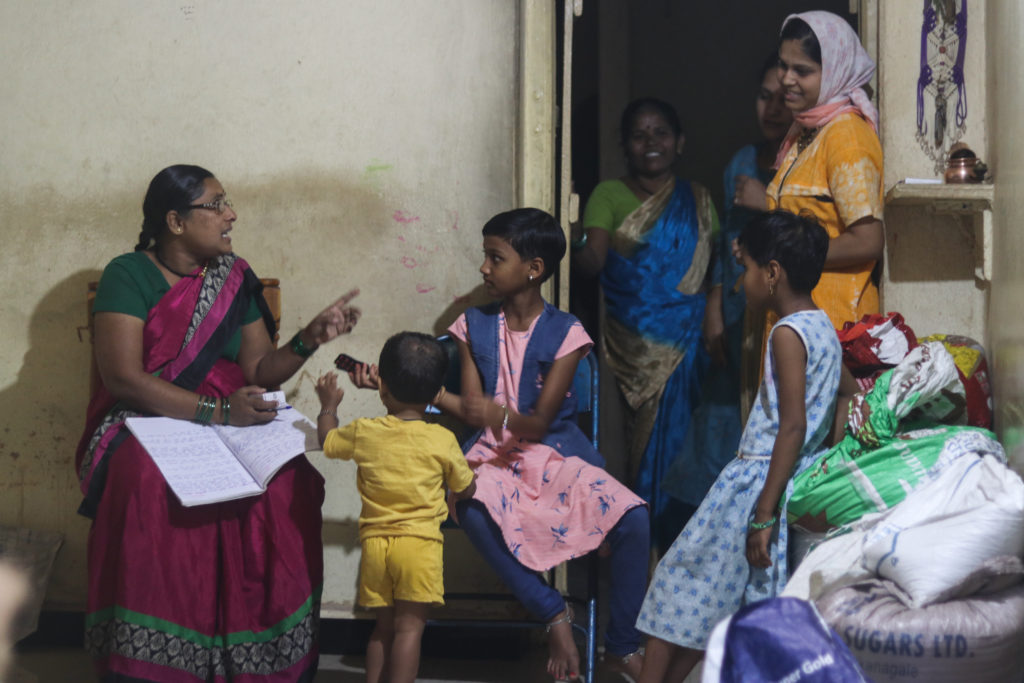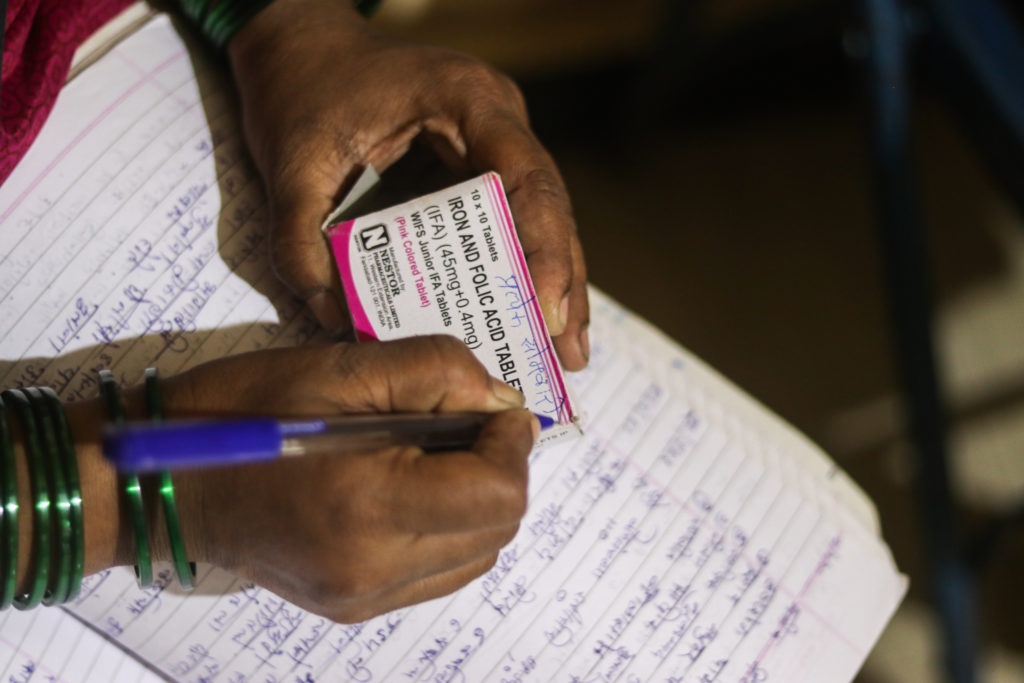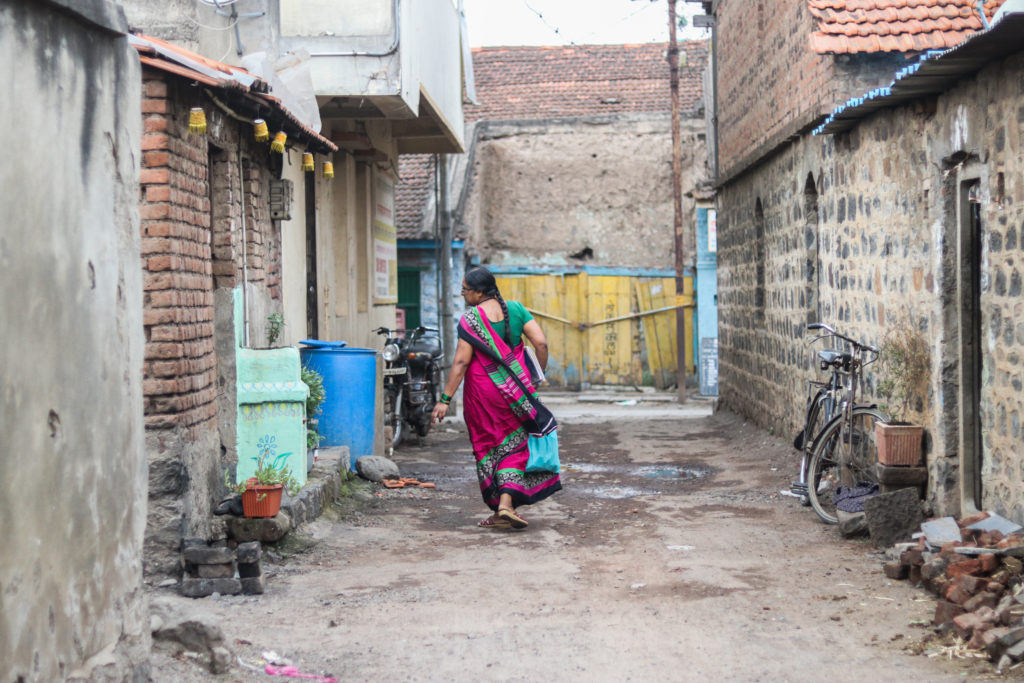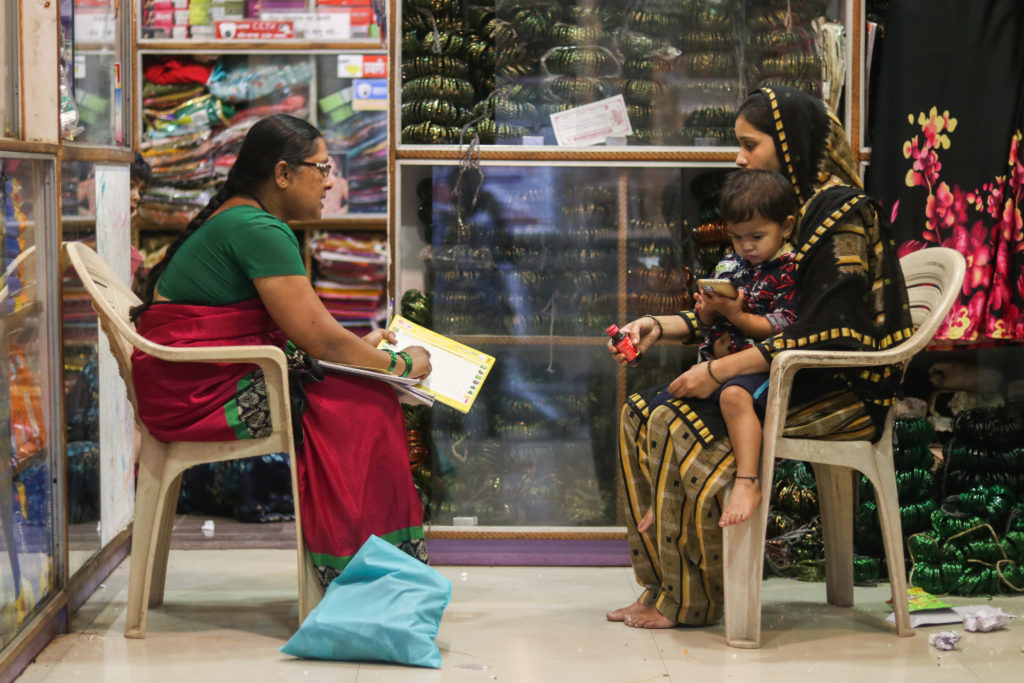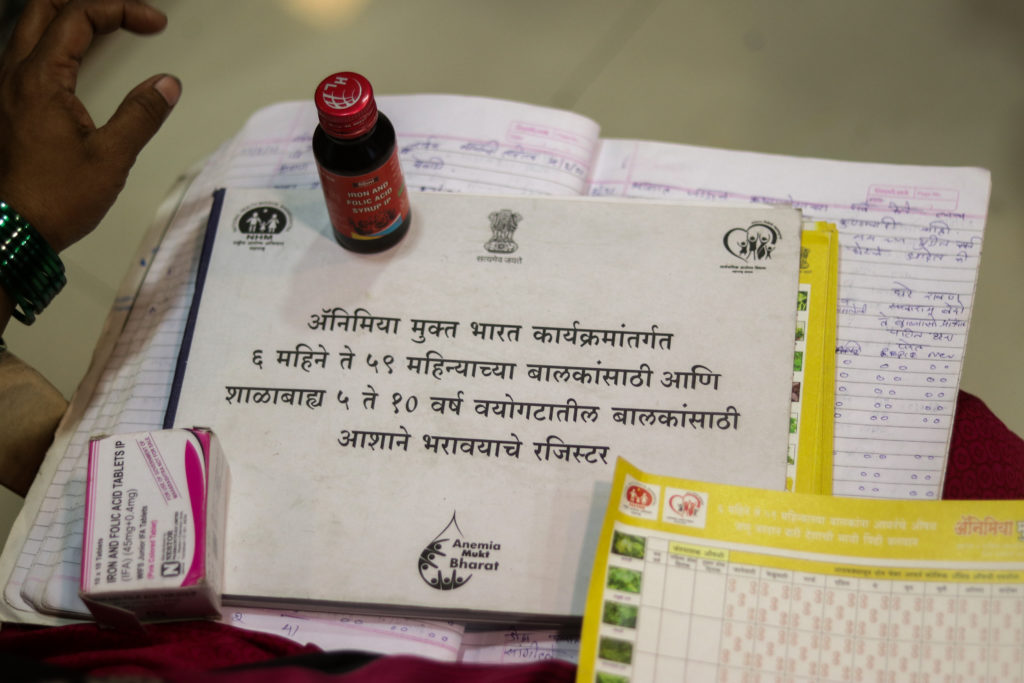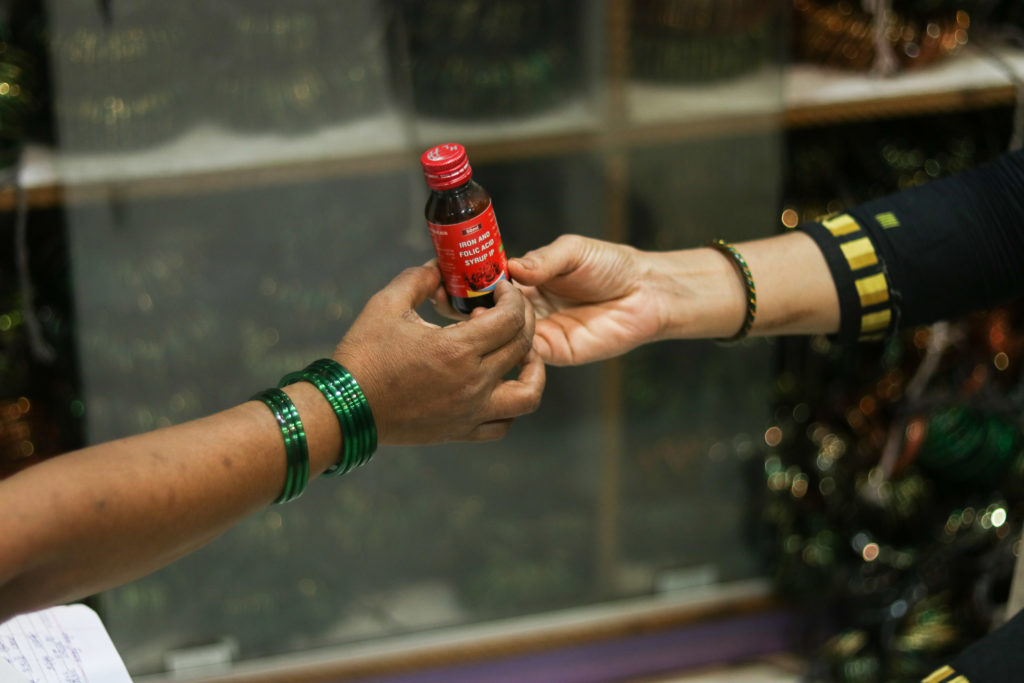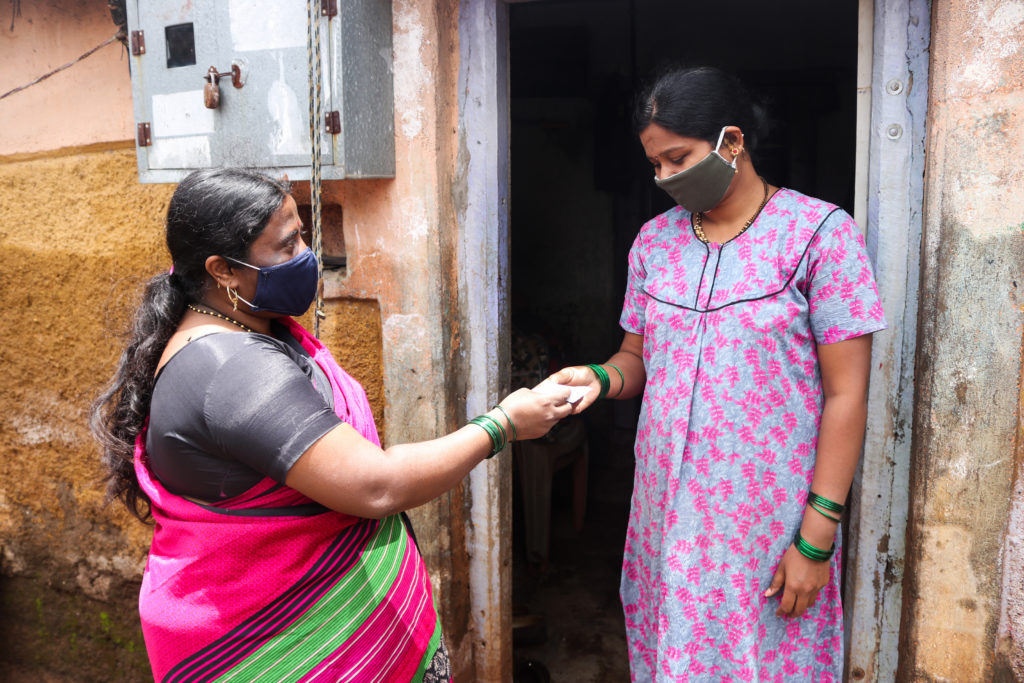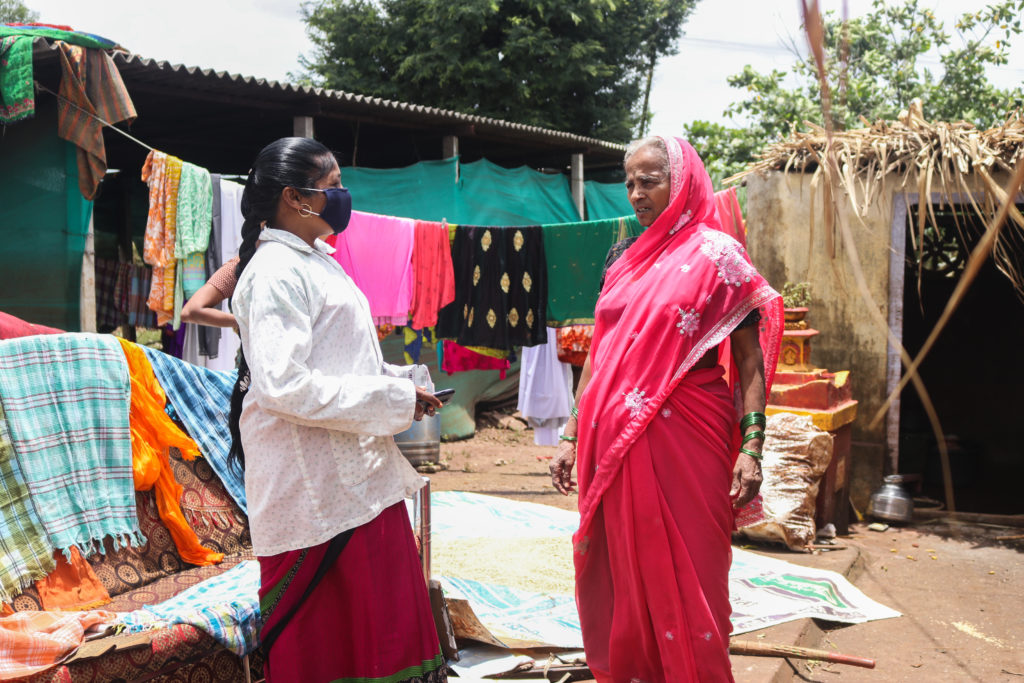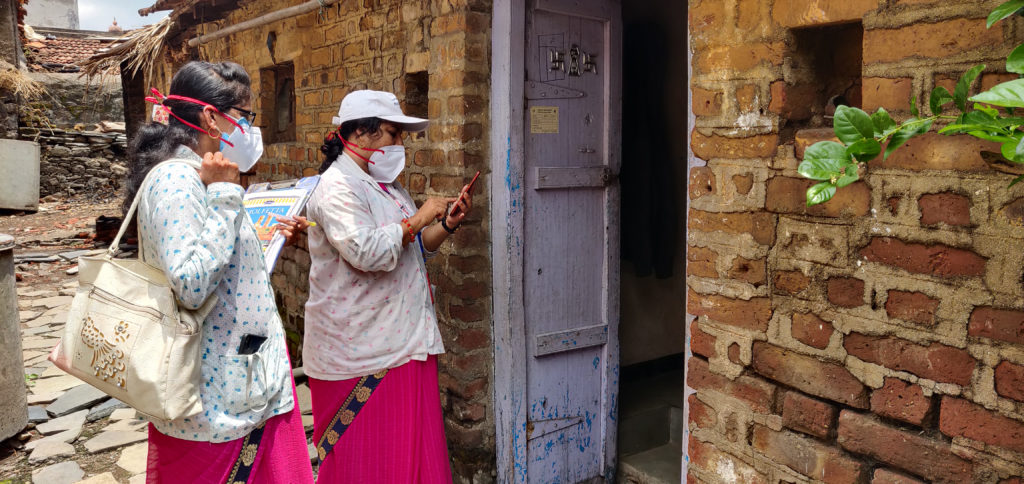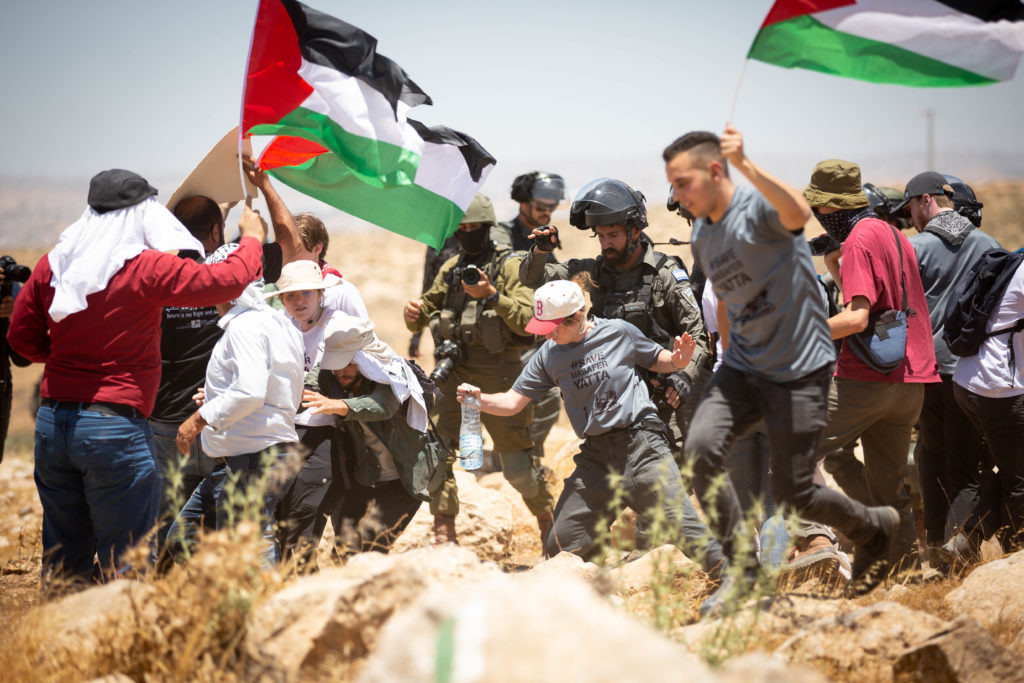
MASAFER YATTA, OCCUPIED WEST BANK—On Tuesday, the Israeli military started training in Masafer Yatta, a rural, arid enclave south of the occupied West Bank city of Hebron. This comes after more than two decades of Palestinians using legal avenues to try to stop the seizure of their land.
The military training has involved the army sticking shooting targets onto tractors, windows and barrels of hay.
My voice shakes in this video. Tons of Israeli soldiers just started "training" in Masafer Yatta. They're driving war tanks near a school, as children watch, terrified, they're placing targets on cars and windows, they're doing this to evict us in the most brutal way possible. pic.twitter.com/kWV7JWEraB
— #SaveMasaferYatta (@basel_adra) June 22, 2022
They also have driven war tanks over cultivated fields.
These military tanks turned our house in Masafer Yatta into a military barracks#savemasaferyatta pic.twitter.com/XswS8MR6sj
— awdah jahaleen (@AwdahJ) June 21, 2022
Expected to last a whole month, this is the first such military training exercise in the Palestinian community in 20 years, and comes as Masafer Yatta is experiencing the largest mass expulsion of Palestinians since 1967.
Today the military launched its training in Masafer Yatta, which is planned to last a whole month, by positioning targets, pictured here, on the vehicles and property of Palestinians from the community of al-Majaz.
Credit: Mashur Wahwah pic.twitter.com/SXooAiPp2X
— B'Tselem בצלם بتسيلم (@btselem) June 21, 2022
Demonstrations—regularly met with violence from soldiers and Israeli settlers—have occurred almost weekly since Israel’s Supreme Court rejected a petition in May against the expulsion of more than 1,000 Palestinians.
For example, on June 10, the Israeli army attacked a Palestinian-led protest. Soldiers beat protesters, fired tear gas that burned demonstrators, threw stun grenades and detained Israeli solidarity activists. More than 200 Palestinians, Israelis, and Jews from both the United States and the United Kingdom protested as part of the “Save Masafer Yatta” campaign.
“Our protests show the racism in how the Israeli army treats us,” said Basil Adra, an activist from the village of Tuwani in Masafer Yatta. “Soldiers who claim that they are not allowed to stop settlers from committing violence against us are then very aggressive towards protesters.”
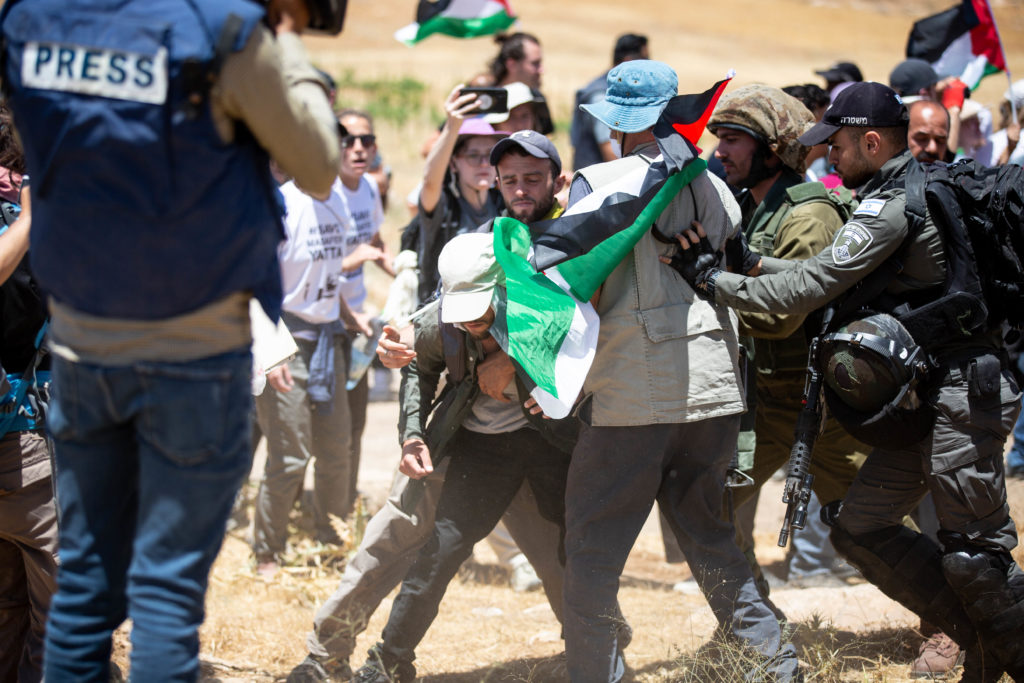
The Culmination of a Decades-Long Legal Battle
In the 1980s, the Israeli army declared all 19 villages in Masafer Yatta as “Firing Zone 918,” a closed military training site. By 1999, the Israeli military rounded up more than 700 residents into trucks and expelled them off land they had cultivated for generations.
In response to the forcible transfer, the Association for Civil Rights in Israel (ACRI) in the year 2000 filed petitions with the Israeli Supreme Court on behalf of residents. The court then granted an interim injunction, permitting residents to temporarily return to their homes.
A 2012 state attorney decision allowed four villages—Tuba, Sirat ‘Awad Ibrahim, Sarura and Mufaqara—to remain based upon the Israeli Defense Ministry’s position that the land wasn’t needed for military training. Despite the decision, settler violence and land theft have plagued these villages.
From there, the high court continued hearings on various petitions for years. But last month, the court dismissed residents’ petitions. In its ruling, the court determined the Palestinian inhabitants—who live nomadically and depend on shepherding for their livelihoods—were not permanent residents when the military declared the area a firing zone.
The recent court opinion has given the army the green light to demolish eight villages and displace the Masafer Yatta residents once again.
The residents, along with ACRI, petitioned the Supreme Court on Sunday for an additional hearing and interim order to stop military training in Masafer Yatta.
“It is to be hoped that the high court will accept the request for additional hearing and reverse the ruling that war crimes can be committed under the court’s purview,” ACRI attorneys Dan Yakir and Roni Pelli said.
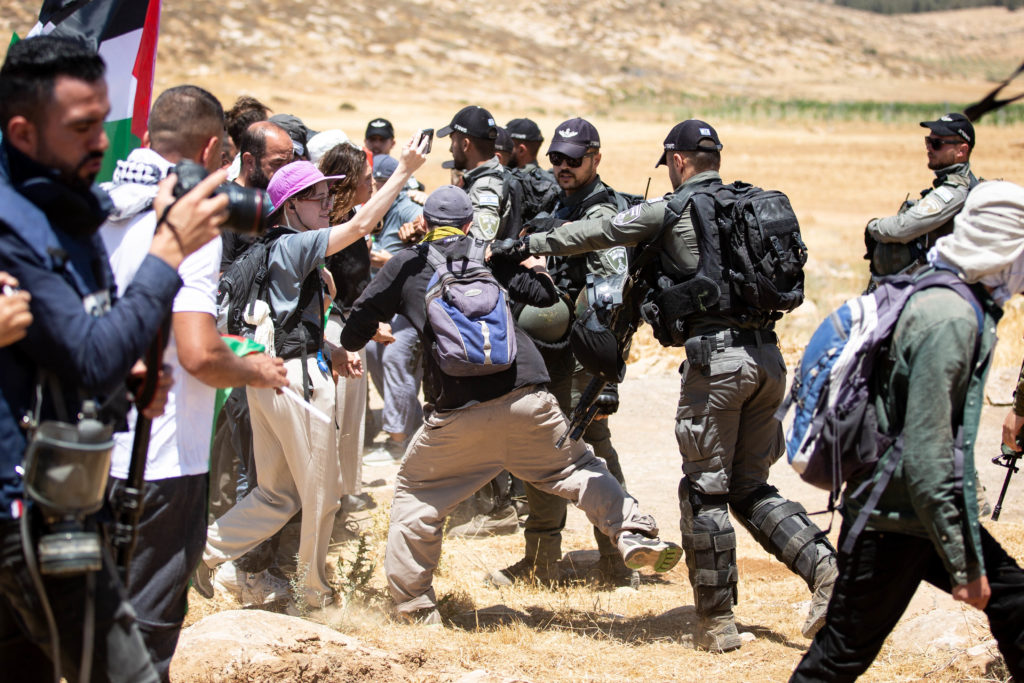
From Quiet Grazing Lands to an ‘Army Base’
Since the court ruling, residents say Masafer Yatta feels like it has transformed into the equivalent of a military base. Temporary army checkpoints have been established at entrances of the area’s eight villages deemed the firing zone. Soldiers with assault rifles strapped to their chests patrol the area daily—delivering demolition orders, as well as carrying out arrests and nightly raids. Military jeeps packed with soldiers roam the rocky terrain.
The Israeli military has already started carrying out demolitions since the court ruling.
BREAKING Imminent threat to the entire community of Khalet a-Thab’a in Masafer Yatta. From Sunday June 19, all but three of the village’s structures are at risk of being destroyed.
Israel is advancing the gradual expulsion of Masafer Yatta.
THREAD#SaveMasaferYatta
/1 pic.twitter.com/WoWWB7zF4W— Yehuda Shaul (@YehudaShaul) June 16, 2022
In May, 19 structures such as houses, tents, animal pens and water tanks were demolished. That left 45 people homeless in the villages of Al-Fakheit and Al-Mirkez. This month, the army bulldozed tents belonging to 21 residents of these villages, which they had set up after their homes were destroyed. On Thursday, all but three buildings in the village of Khalet a-Thab’a received demolition orders that can be enacted beginning Sunday.
Even areas of Masafer Yatta not part of the firing zone are at risk of being razed. The Israeli Civil Administration, which governs activities in the West Bank, issued on Thursday a demolition order for Palestinian activist group Youth of Sumud’s guest house and community center.
Just now the Israeli civil administration accompanied with army raided Tuwani village delivered a final demolition order for Youth Of sumud center in the village in Masafer Yatta /South Hebron Hills . #SaveMasaferYatta pic.twitter.com/cJsLEsr0YZ
— Youth of Sumud (@YouthOfSumud) June 13, 2022
“This center, which we worked for years to complete, is a big step for the people of Masafer Yatta to organize and protect our lands. We use this place to host internationals, hold meetings and organize community gatherings,” Sami Huraini of Youth of Sumud told Toward Freedom. “This demolition order isn’t just about the Youth of Sumud—it is about crushing organizing efforts in solidarity with the vulnerable communities in the 918 firing zone.”
The center is located in Tuwani—the only village in Masafer Yatta with a zoning plan—meaning the law protects it from demolition. Sameeha Huraini, Sami’s sister who also is involved with Youth of Sumud, explained the Civil Administration gave the demolition order on the grounds the center is located outside of the zoning plan and on an archeological site—both claims are false, she said. The Israeli military and Coordinator of Government Activities in the Territories, which oversees the Civil Administration, did not respond to requests for comment by the time of publication.
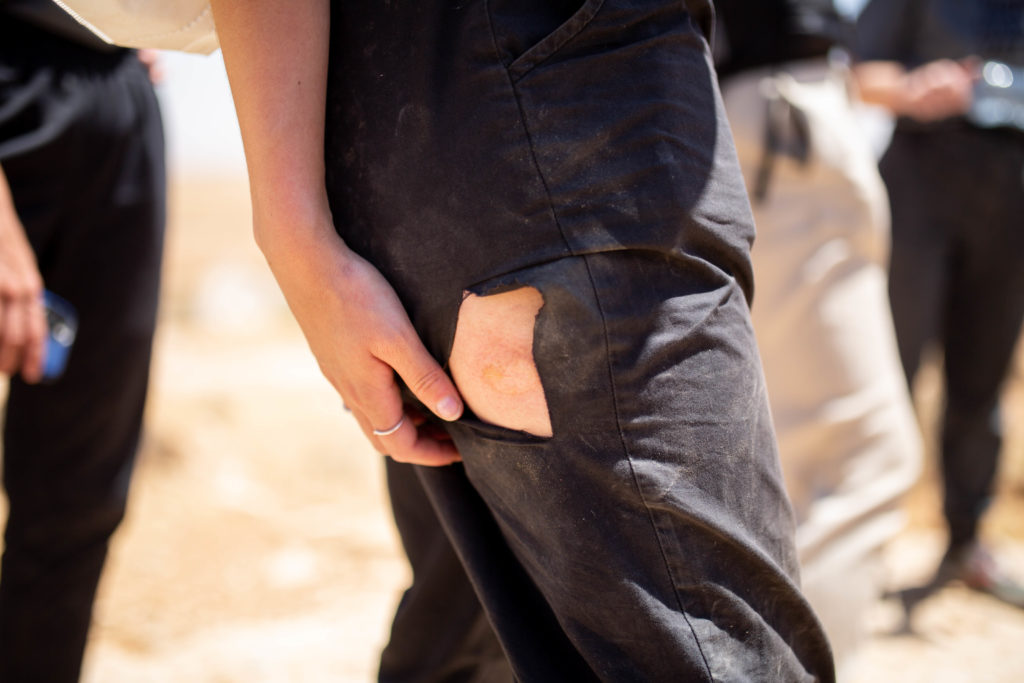
‘Our Rights Have Become Dreams’
Army-enforced eviction isn’t Masafer Yatta’s only struggle. Several illegal, Jewish-only settlements encircle the region.
“Israeli illegal outposts inside Masafer Yatta are connected to resources and are not under imminent eviction,” said Ali Awad, a Palestinian activist from the village of Tuba. “Settlers in these outposts commit violence against neighboring Palestinians and work in tandem with the Israeli military to steal our resources and expel us from our homes.”
While the Palestinian villages are not connected to the electrical grid and water system, the illegal settlements are. Without these hookups, Palestinians are forced to survive on NGO-donated solar panels and expensive water tanks, which settlers often destroy and soldiers confiscate.
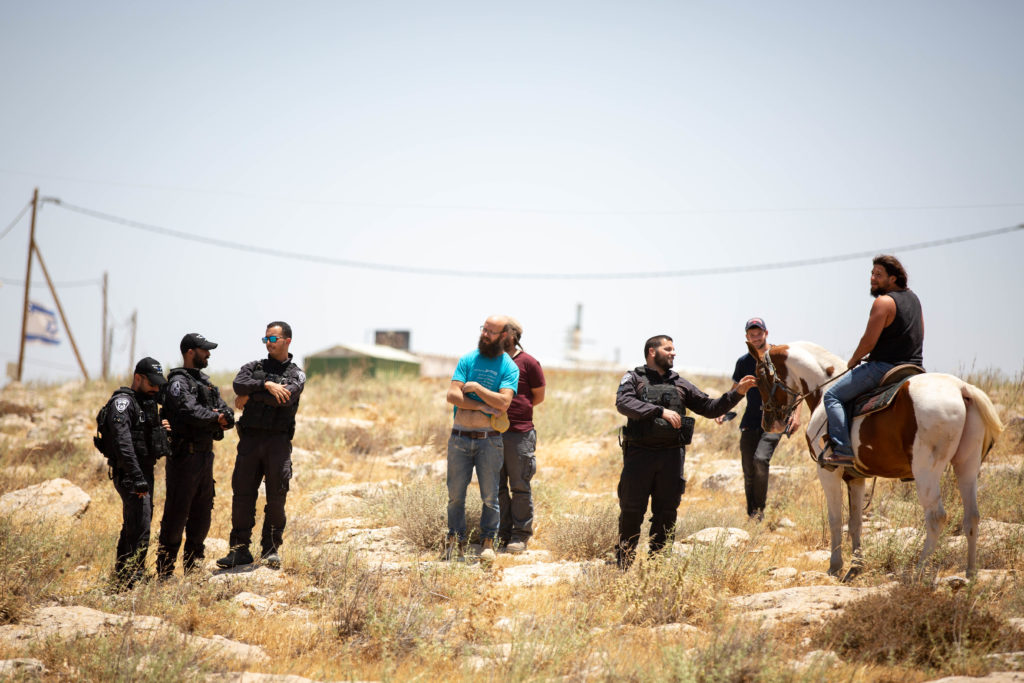
Awdah Hathaleen, a Palestinian activist from the village of Umm al-Khair in Masafer Yatta, lamented what will happen to his community if the army is successful in dismantling the eight villages.
“After that, what will be [the army’s] next mission? The other villages [in Masafer Yatta], and, unfortunately, my village will be one of them. Because if they succeed in this, they will just keep going,” Hathaleen told Toward Freedom. “We are humans. Humans who deserve basic rights. But our rights have become dreams. And now we have to work to make those dreams become reality.”
Jessica Buxbaum is a Jerusalem-based freelance journalist reporting on Palestine and the Israeli occupation. You can follow her on Twitter at @jess_buxbaum.

